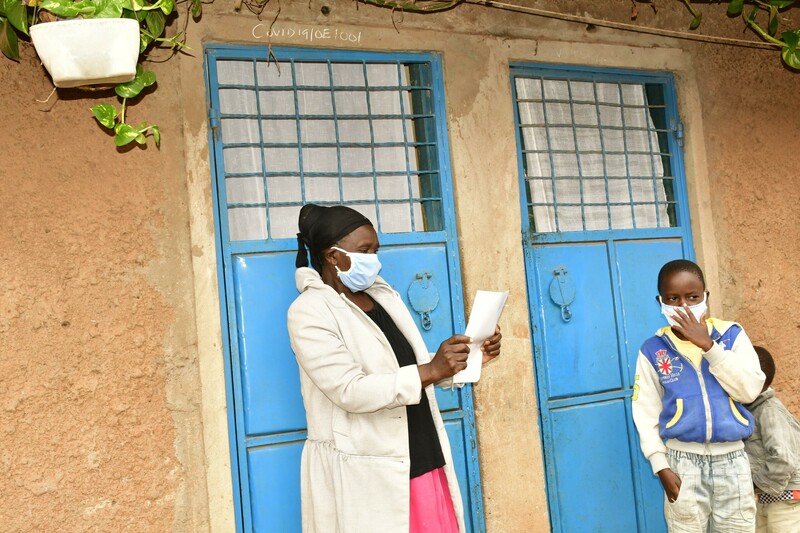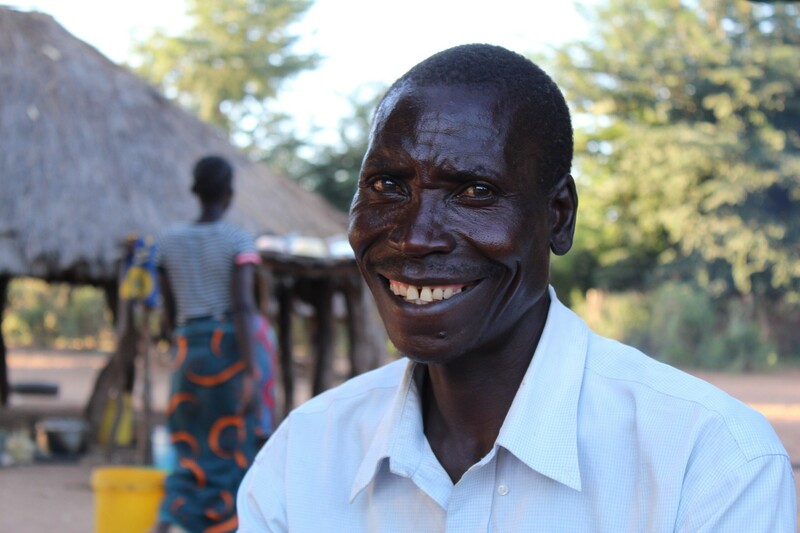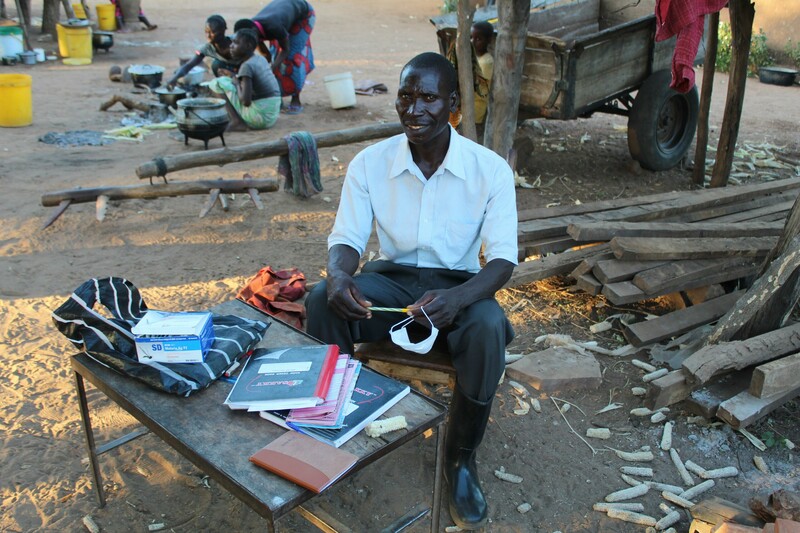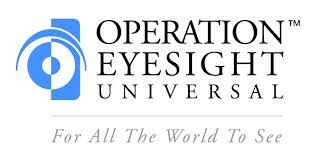Catalysts of Change: Relieving Challenges and Pressures for Women as They Confront Pressing Community Health Concerns
Operation Eyesight has been working for the last 57 years with local government and partner hospitals to eliminate avoidable blindness. With COVID-19 spreading across the globe, Operation Eyesight quickly shifted their outreach activity to address these pressing health concerns. They are now working to prevent the spread by training community health workers around infection, prevention, and control methods.
Paul Mpundu Kulya, a project coordinator from Zambia, shares the efforts of his team as they quickly pivot their work towards building champions of maintaining clean water and hygiene practices in their community. Alice Mwangi from Kenya discusses the challenges women have faced from the devastating impacts of COVID-19 and the work Operation Eyesight has been doing to bring services and strategies to train more women to give them the opportunities to make a difference among themselves as well as the community at large.

Community Member Receives IEC Materials
In Zambia, Operation Eyesight has been able to bring clean water to over 35,000 people since the start of the COVID-19 crisis. By providing training around water sanitation within the communities, the ownership of these water sources helps build a resilient and strong community.

Smiling Obby: While in Kenya, Marginalized Members of the Community
Obby is one of the community health workers that has been trained to educate communities on COVID-19 detection and prevention methods. He has been a community health worker for 14 years and has since shifted to training more than 400 people on health education and safety measures such as social distancing and frequent hand washing.

Obby Pictured on His Working Table at His House
While in Kenya, marginalized members of the communityy such as women, people living with disabilities, and female-headed families are most affected by the pandemic. Women are often frontline workers, putting them at higher risk of contracting the virus. They provide essential services to community members and carry the burden to care for the sick.
The Ministry of Health and Operation Eyesight has been developing and implementing COVID-19 interventions to relieve some challenges and pressures that are put on women in these communities. More than half of the 800 community health volunteers are women and this has played a critical role in empowering women to be the catalyst of change in addressing health issues among the communities in which they live.
In Kenya, over 600,000 people have been given essential health education, over half of them being women. The hope is that these individuals will continue to influence good practices and restrict the spread of COVID-19.
